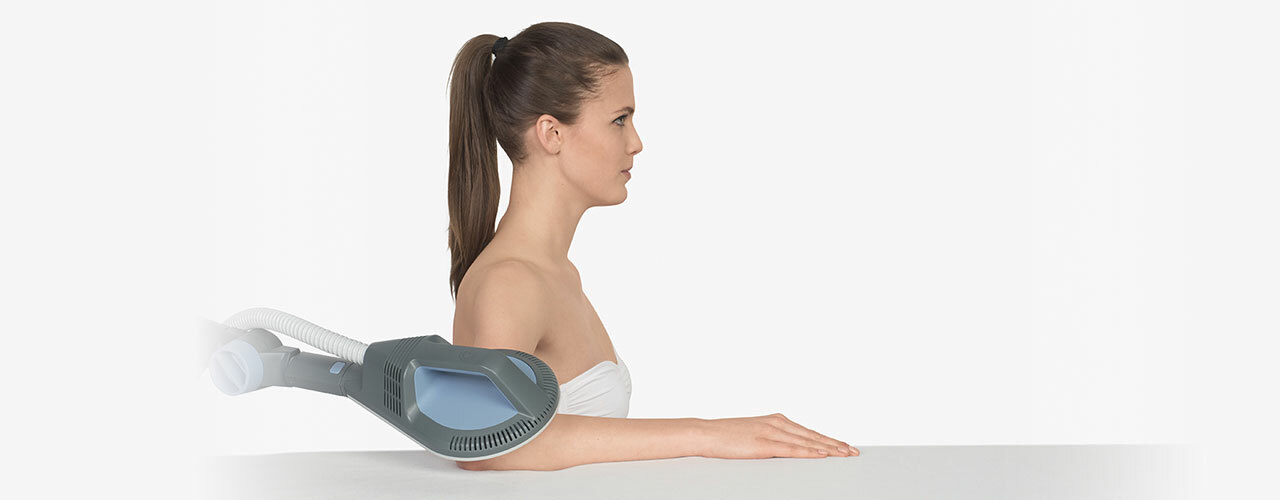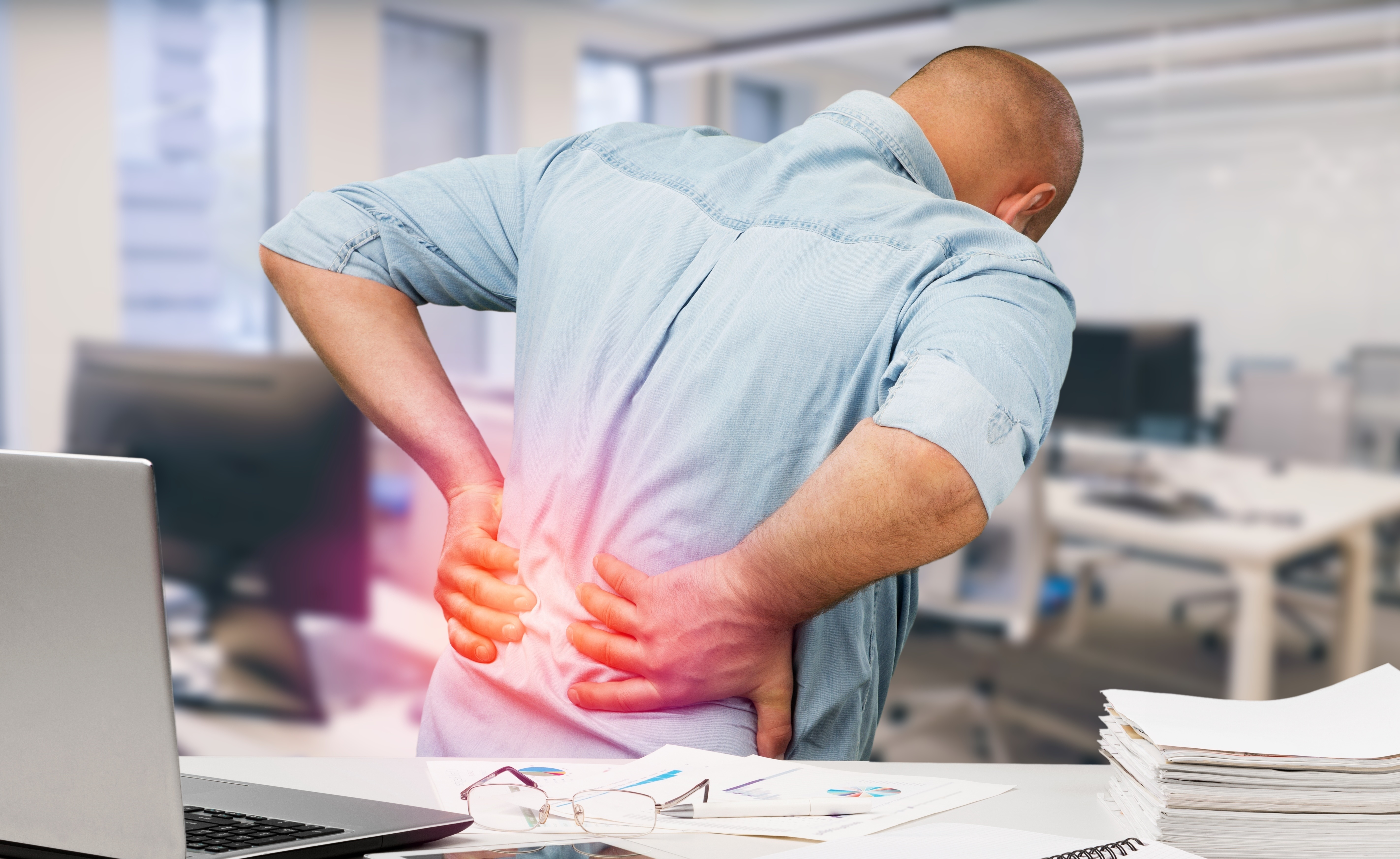The temporomandibular joint (TMJ) connects your lower jaw (mandible) to your skull. The joint is located in front of your ears on both sides of your head. It helps you to speak and eat by allowing your jaw to open and close.
The abbreviation “TMJ” has also been used to refer to a collection of jaw-related medical problems. To distinguish the temporomandibular joint itself from TMJ disorders, this is now usually abbreviated as “TMD” or “TMJD.”
These disorders can lead to:
- tenderness at the joint
- facial pain
- having trouble in moving the joint
These disorders are curable, however there are a variety of causes. This can make diagnosis challenging.
What are the symptoms of TMJ disorders?
TMJ disorder symptoms vary depending on the degree and source of your disease. TMJ disorders that are characterized by pain in the jaw and surrounding muscles.
Other symptoms that are commonly connected with these disorders are:
- discomfort in the face or neck
- tightness in the jaw muscles
- jaw movement is restricted
- the jaw is locked
- The TMJ site makes a clicking or popping sound
- difficulties with the teeth, such as tooth wear
- tinnitus (ringing in the ear)
- vertigo
- headaches
- a change in the alignment of the upper and lower teeth due to a shift in the jaw (called malocclusion)
Symptoms might appear on either one or both sides of the face.
How are TMJ disorders treated?
TMJ issues can have a range of causes, which means there are a variety of treatments available.
Typically, doctors would advise starting with at-home therapies first. This is because many of the more complex treatments still require additional research to demonstrate their effectiveness.
Home treatments
The symptoms of TMJ issues can often be managed at home with self-care techniques. You can relieve TMJ symptoms at home by:
- Eat soft foods.
- To reduce swelling, apply ice.
- Limit your jaw motions.
- Chewing gum and eating rough meals should be avoided.
- Take steps to relieve tension.
- Improve jaw movement using jaw stretching exercises.
Medication
If you’re still having trouble with your TMJ after trying home remedies, various drugs, both over-the-counter and prescribed by a doctor, may help.
These are some of the medications:
- nonsteroidal anti-inflammatory drugs (NSAIDs)
- corticosteroids
- muscle relaxers
- antidepressants
- local anesthetics
Based on your unique condition and medical history, your doctor will assist you in determining which drug is appropriate for you.
Therapies
Physical therapy may be recommended by your doctor on occasion. Your therapy may include the following, depending on the area of concern:
- heat therapy
- cooling therapy
- acupuncture
- tissue mobilization
- resistance exercises
- stretches
Talk therapy or stress management exercises are additional possibilities if you and your doctor believe stress is causing your TMJ condition.
What causes TMJ disorders?
In many cases, the source of TMJ issues is unknown. Trauma to the jaw or joint could be a factor. Other health issues may also play a role in the development of TMJ disorders.
These include:
- arthritis
- erosion (wearing away) of the joint
- habitual grinding or clenching of the teeth
- structural jaw issues present at birth
- growth disorders
Risk factors
While several factors have been linked to the development of TMJ disorders, they have not been confirmed to be the root cause.
Some of these include:
- Female hormones (oestrogen is thought to play a role in the development of TMJ)
- Neck and face muscles are strained due to improper posture.
- extended anxiety
- hypermobility of joints
How can TMJ be prevented?
Although you may not be able to prevent TMJ disease from occurring, you may be able to relieve symptoms by reducing stress, engaging in physical therapy and exercises, and consulting with a dentist or doctor if you grind your teeth at night.
Wearing a mouthguard at night and taking muscle relaxants on occasion are two possible remedies for teeth grinding.
For detailed advice on your TMJ Pain, please contact Simply Align Rehab Physio in Scarborough/Toronto at simplyalignrehab.com, or phone or text us at (416) 628-8554 for your Physiotherapy or Chiropractor needs in Toronto.




